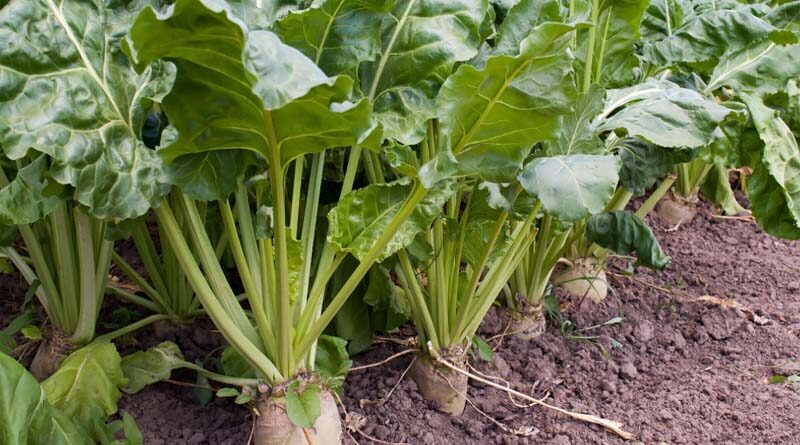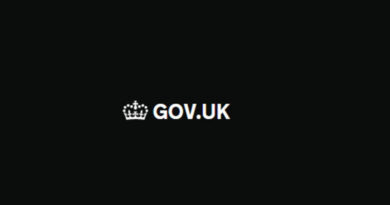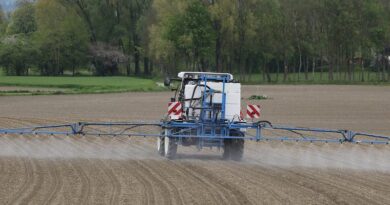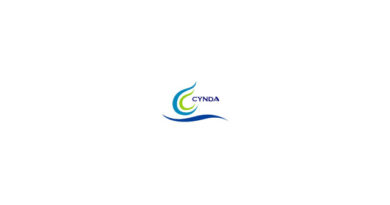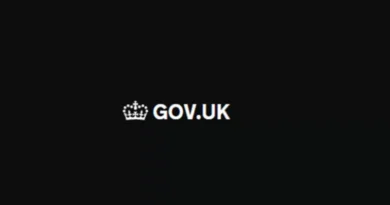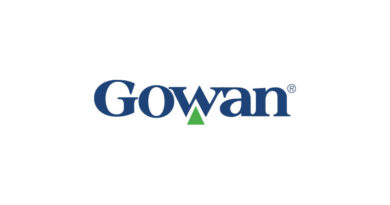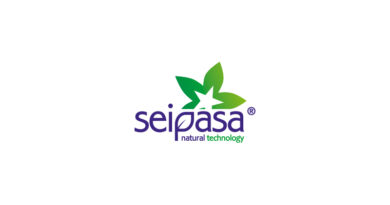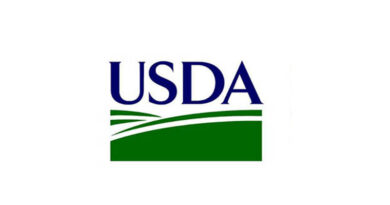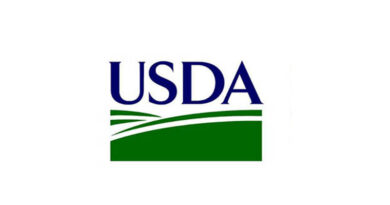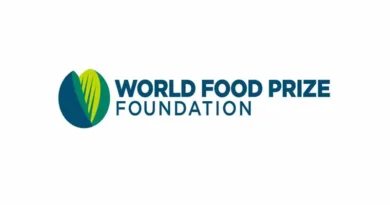Neonicotinoids: EFSA assesses emergency uses on sugar beet in 2020/21
19 November 2021, EU: The assessments cover 17 emergency authorisations for plant protection products containing clothianidin, imidacloprid, thiamethoxam and thiacloprid granted by Belgium, Croatia, Denmark, Finland, France, Germany, Lithuania, Poland, Romania, Slovakia and Spain.
Outdoor use of imidacloprid, thiamethoxam and clothianidin in the EU was banned in 2018 and, in January 2020, the approval of thiacloprid was not renewed. The measures followed assessments by EFSA, which showed that the first three substances posed risks to bee health and use of thiacloprid could lead to contamination of groundwater.
In 2020 the European Commission asked EFSA to assess whether the emergency authorisations granted by the Member States were justified because there was a danger to crops “which cannot be contained by any other reasonable means”, in line with the EU Plant Protection Products Regulation.
EFSA has concluded that in all 17 cases the emergency authorisations were justified, either because no alternative products or methods – chemical or non-chemical – were available or because there was a risk that the pest could become resistant to available alternative products.
What did EFSA do?
The 11 Member States shared with EFSA the original applications for the emergency authorisations as well as the full evaluations that they conducted before granting the authorisations.
EFSA had the information translated into English and then assessed it and the justification for the emergency authorisations granted by the national authorities.
An evaluation was made for each substance. For example, one Member State authorised the use of two neonicotinoids on sugar beets – clothianidin and thiamethoxam – so two evaluations were carried out. Each evaluation was further broken down into assessments of substance/pest combinations e.g. clothianidin/aphids, imidacloprid/beet fly and so on.
Member States were required to list, for each pest assessed, all available pesticide products authorised in their territory to control that pest in sugar beet, as well as all available non-insecticide control methods. They were also required to provide information on research that was ongoing or planned regarding control of the pests.
Methods and tools
The authorisations were evaluated using a protocol published by EFSA in 2017 to evaluate requests for use of an insecticide on the grounds that it is necessary to control a serious danger to plant health. The protocol requires all available insecticide and non-insecticide control methods to be included in the assessment.
An information session to present the work carried out on the emergency authorisations will take place on 30 November 2021. EFSA will also use this opportunity to gather feedback from stakeholders on whether there is a need to develop a more specific tool for Member States for assessing emergency use of pesticides, taking into account the experience gained in the past two exercises. (EFSA carried out a similar series of assessments in 2018.)
A dedicated tool would enhance the way Member States assess future applications for emergency use of pesticides and could contribute to meeting targets set in the Biodiversity and Farm to Fork Strategies on reducing pesticide use and promoting alternative means of protecting harvests from pests and diseases.

